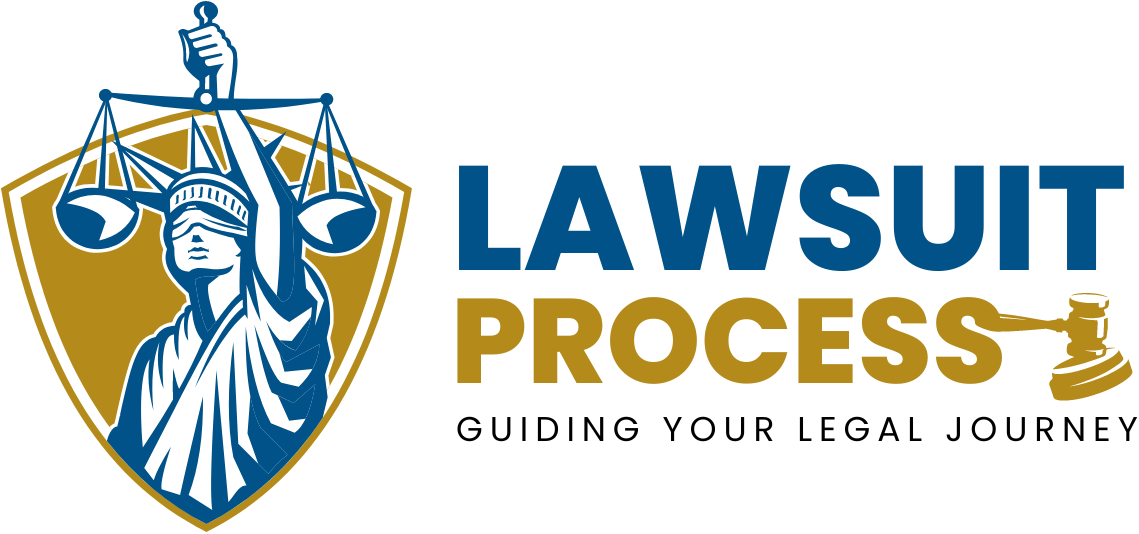One of the most common concerns when hiring a personal injury attorney is the potential cost. Many individuals worry about whether they can afford professional legal representation, especially when dealing with medical bills, lost wages, and other financial burdens following an injury. However, understanding how attorneys charge for their services and the associated costs can alleviate much of this uncertainty.
Most personal injury attorneys use a contingency fee arrangement, which means they are only paid if they secure compensation for their clients. This approach often makes legal representation more accessible, but it is essential to understand the details of these agreements and any additional costs involved.
This article breaks down the cost structure of hiring a personal injury attorney, the benefits of contingency fees, and how to ensure complete transparency during the process.
You may also like to read:
How Personal Injury Lawsuit Attorneys Can Help You Navigate Complex Legal Battles
Proven Strategies Personal Injury Lawsuit Attorneys Use to Win Cases
Table of Contents
- Understanding Fee Structures
- Benefits of Contingency Fee Arrangements
- How to Ensure Transparency
- Is Hiring an Attorney Worth the Cost?
- Conclusion
Understanding Fee Structures
1. Contingency Fees
Personal injury attorneys commonly work on a contingency fee basis. This means their payment depends on the outcome of your case. Typically, they receive a percentage of the settlement or court award, which ranges between 25% and 40%. The exact percentage may vary based on factors such as case complexity or whether the case goes to trial.
For example, if an attorney charges a 33% contingency fee and secures a $100,000 settlement, they would receive $33,000 as their fee. This arrangement aligns the attorney’s success with the client’s success, motivating them to work diligently to maximize compensation.
2. Additional Costs and Expenses
In addition to contingency fees, there are often case-related expenses. These can include:
- Filing fees: Costs for legal documents and court submissions.
- Medical records and reports: Fees for obtaining relevant medical documents.
- Expert witnesses: Charges for medical or accident reconstruction specialists.
- Travel expenses: Costs related to depositions, court appearances, or site visits.
- Administrative costs: Charges for photocopying, courier services, or case management systems.
Some attorneys advance these costs on behalf of their clients, deducting them from the settlement. It is crucial to clarify whether you will be responsible for reimbursing these expenses if the case is unsuccessful.
3. Hourly Rates and Flat Fees
Although contingency fees are standard in personal injury cases, some attorneys may charge hourly rates or flat fees for specific services. Hourly rates involve paying for the attorney’s time, which can add up quickly. Flat fees, on the other hand, cover specific tasks, such as drafting a demand letter. These methods are less common but may apply in certain situations, so it is important to discuss them upfront.
Benefits of Contingency Fee Arrangements
Contingency fee arrangements offer several advantages for clients:
- Risk-Free Representation: You only pay if your attorney wins your case, eliminating the financial risk of upfront payments.
- Motivated Representation: Attorneys have a strong incentive to maximize your compensation since their payment depends on the settlement amount.
- Accessibility: Contingency fees make legal representation accessible to individuals who might not otherwise afford it.
This approach ensures that attorneys remain committed to achieving the best possible outcome for their clients.
How to Ensure Transparency
1. Discuss Fees During the Initial Consultation
Ask about fee structures and potential expenses during your first meeting with the attorney. Questions to consider include:
- What percentage of the settlement will you take as your fee?
- What additional costs should I expect?
- Will I owe anything if the case is unsuccessful?
Ensure these details are included in a written agreement.
2. Understand the Fine Print
Review the contingency fee agreement carefully before signing. Look for information about how fees are calculated and which expenses will be deducted. Confirm whether the attorney’s percentage applies to the gross or net settlement amount.
3. Ask About Additional Costs
Clarify whether the attorney advances case-related costs and how these will be reimbursed. If the case is unsuccessful, ask if you are responsible for covering these expenses. Transparent communication prevents misunderstandings and ensures you know what to expect.
Is Hiring an Attorney Worth the Cost?
While hiring an attorney involves expenses, the benefits often outweigh the costs. Attorneys bring valuable expertise that helps increase compensation amounts significantly. Studies have shown that individuals represented by attorneys receive higher settlements compared to those who handle cases alone.
Beyond financial benefits, hiring an attorney saves time and reduces stress. They manage legal paperwork, negotiate with insurance companies, and represent you in court if necessary. This professional support allows you to focus on your recovery and well-being.
Conclusion
The cost of hiring a personal injury lawsuit attorney may initially seem daunting, but understanding fee structures and potential expenses can provide clarity. Contingency fee arrangements make legal representation accessible while motivating attorneys to achieve the best outcomes for their clients. Additionally, transparency during the hiring process ensures you know what to expect and feel confident about your decision.
Ultimately, the value of hiring an attorney lies in their ability to maximize compensation, handle complex legal tasks, and provide peace of mind.
By prioritizing transparency and choosing an experienced attorney, you can focus on recovering while they work diligently to secure the justice and compensation you deserve.










